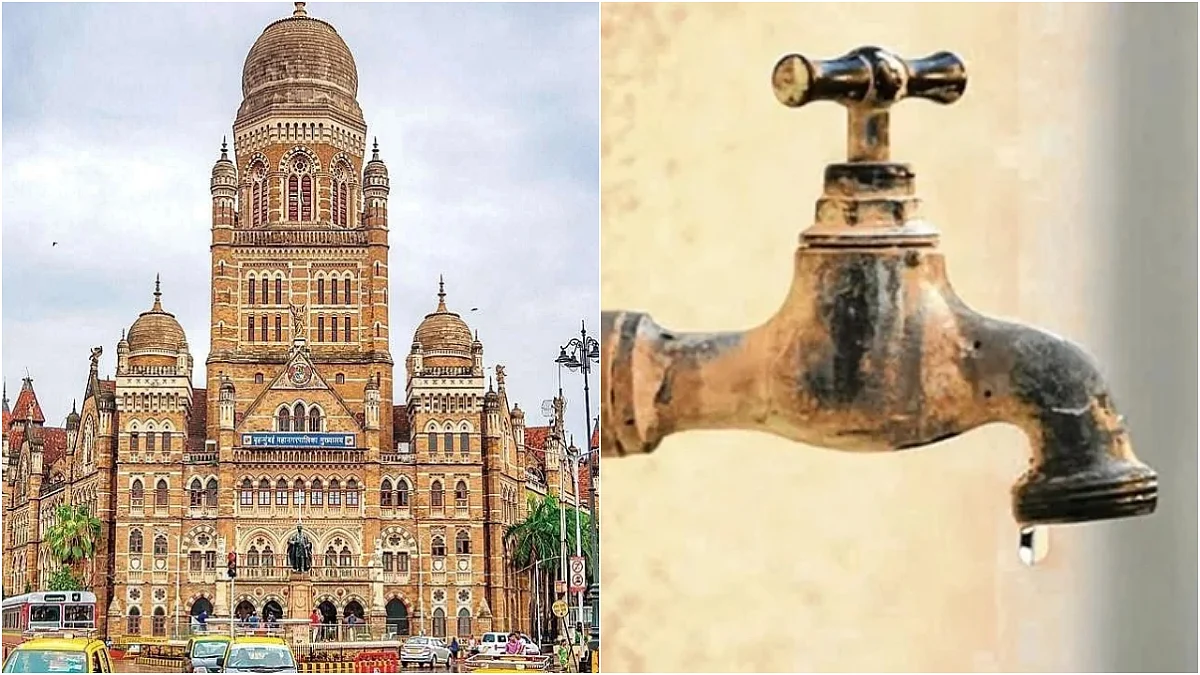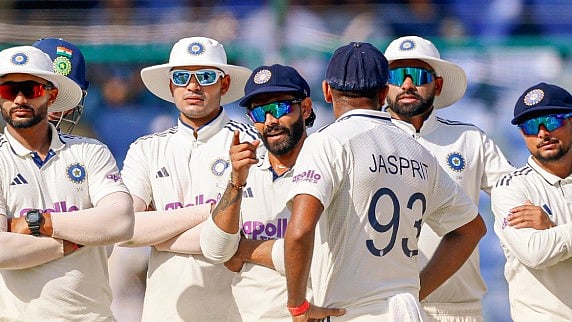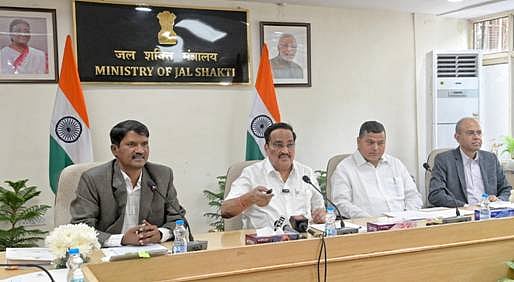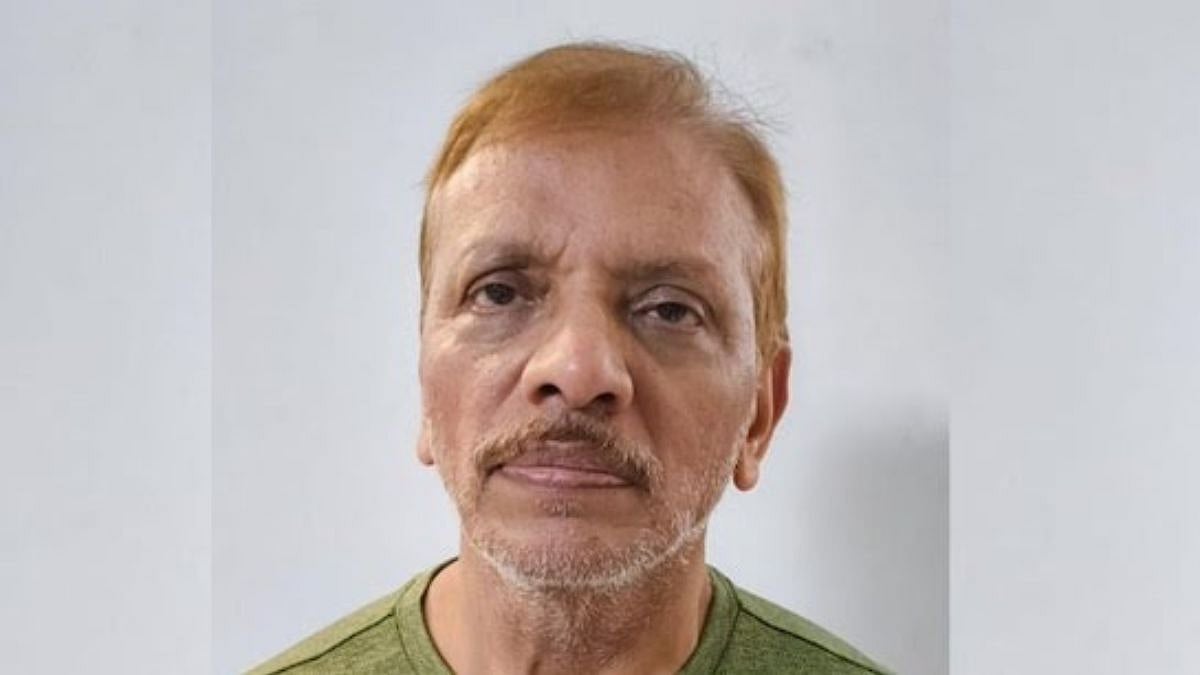A complaint has been filed before the National Human Rights Commission (NHRC) over the Tirumala Tirupati Devasthanams (TTD) ghee scandal, where nearly 68 lakh kilograms of synthetic fat was allegedly used in the temple’s sacred prasadam.
The complaint, filed by Hitendra Gandhi, termed the incident “a national betrayal of faith” and urged the NHRC to order a nationwide probe while establishing a Faith Food Safety Framework to safeguard the purity of offerings served in the name of God.
“If Tirupati’s holiness can be defiled, then no altar in India stands untouched,” said Gandhi.
Complaint Highlights Threat to Faith and Public Health
In his letter addressed to the NHRC Chairperson, Gandhi said incidents of unsafe food served at religious places reflect “a deeply unsettling reality” a pattern of deceit that endangers not only public health but the sanctity of worship itself.
He noted that India has over nine lakh registered temples, mosques, gurdwaras, churches, monasteries, and ashrams feeding millions daily through prasadam, langar, niyaz, bhog, and annadanam.
“These sacred kitchens are the heartbeat of our civilisation,” Gandhi wrote, “but for the corrupt, that sanctity is not just a crime; it is a betrayal of faith, humanity, and the conscience of the nation.”
Investigations Reveal Use of Industrial-Grade Ghee
Investigations into the Tirupati prasadam scam revealed that Bhole Baba Dairy Private Limited of Haridwar, Uttarakhand, supplied nearly 68 lakh kilograms of spurious, industrial-grade ghee to the TTD between 2019 and 2024.
The ghee used to prepare the laddu prasadam, offered to millions of devotees, reportedly contained hydrogenated oils, industrial fats, mono- and di-glycerides, and chemical esters designed to imitate pure cow ghee.
A Special Investigation Team (SIT), later joined by the Central Bureau of Investigation (CBI), uncovered a web of forged FSSAI licences, tampered e-way bills, falsified invoices, and counterfeit packaging, exposing an organised supply-chain conspiracy that allegedly operated for years.
‘A Carefully Engineered Betrayal of Faith’
Gandhi said the Tirupati incident was not mere negligence but a deliberate betrayal against the faith of devotees.
“The belief that the offering is holy, sacred, divine — that is what makes India the capital of faith. To mix that offering with synthetic chemicals and industrial residue is to profane not only the temple but the very idea of devotion,” he stated.
Similar Incidents Reported Across India
The letter also cited several similar adulteration cases across the country.
In Gujarat (October 2023), officials seized 2,820 kg of fake Amul-labelled ghee used in mohanthal prasad at the Ambaji Temple.
In Odisha (October 2024), servitors of the Sri Baladevjew Temple, Kendrapara, raised concerns about foul-smelling ghee used for bhog.
In Amritsar, a factory manufacturing fake “desi ghee” by mixing vanaspati and refined oil was found supplying bulk quantities to local langar kitchens.
In Dhanbad (July 2025), enforcement officials seized 900 kilograms of adulterated dairy products bound for the Deoghar Mela.
Gandhi added that food poisoning incidents have also been reported from Tamil Nadu, Maharashtra, and Jammu & Kashmir, highlighting that the “poison of adulteration” has seeped into sacred spaces across religions.
Research Confirms Systemic Vulnerability
Quoting a National Center for Biotechnology Information (NCBI) study, Gandhi noted that repeated foodborne illness outbreaks at mass religious gatherings underscore the systemic vulnerabilities of sacred kitchens across India.
Constitutional and Legal Violations Cited
Gandhi’s letter underscored that the right to safe food is a component of the right to life and dignity under Article 21 of the Constitution. The right to equality (Article 14) forbids selective indifference to food safety when consumed in faith, and the freedom of religion (Article 25) guarantees the right to worship “in purity, not deceit.”
“The systematic adulteration of sacred food violates all three,” Gandhi asserted.
He also cited international obligations, noting that both the World Health Organization (WHO) and the UN Codex Alimentarius Commission recognise safe food as part of the right to health.
Despite the Food Safety and Standards Act, 2006, which prohibits the sale of unsafe or misbranded food and empowers the FSSAI to prosecute offenders, Gandhi said these safeguards failed repeatedly.
Call for NHRC Action and National Inquiry
Gandhi urged the NHRC to take suo motu cognisance of the issue as a matter of national human-rights concern, invoking its powers under Sections 12(a), 12(b), and 13(1)(a) of the Protection of Human Rights Act, 1993.
He prayed that the Commission institute a national-level inquiry into the adulteration of food used in religious and charitable offerings across India, taking the TTD case as the nucleus for a wider investigation.
The letter also requested the NHRC to seek status reports from the CBI, FSSAI, and state Food and Drug Administrations on ongoing and concluded adulteration cases linked to temples, mosques, gurdwaras, churches, monasteries, and charitable kitchens.
Call for Faith Food Safety Framework
Among his recommendations, Gandhi proposed:
Creation of a National Faith Food Safety Framework, jointly overseen by the NHRC and the FSSAI.
Mandatory accredited testing, random audits, and quarterly public reporting from all large-scale religious and charitable food institutions.
Health-protective measures and medical advisories for temple and kitchen workers.
Transparent procurement systems, including public access to supplier details, ingredient test reports, and certification records.
He concluded that only a “nationally coordinated faith food safety system” can restore trust, purity, and accountability in offerings served to millions in the name of God.







